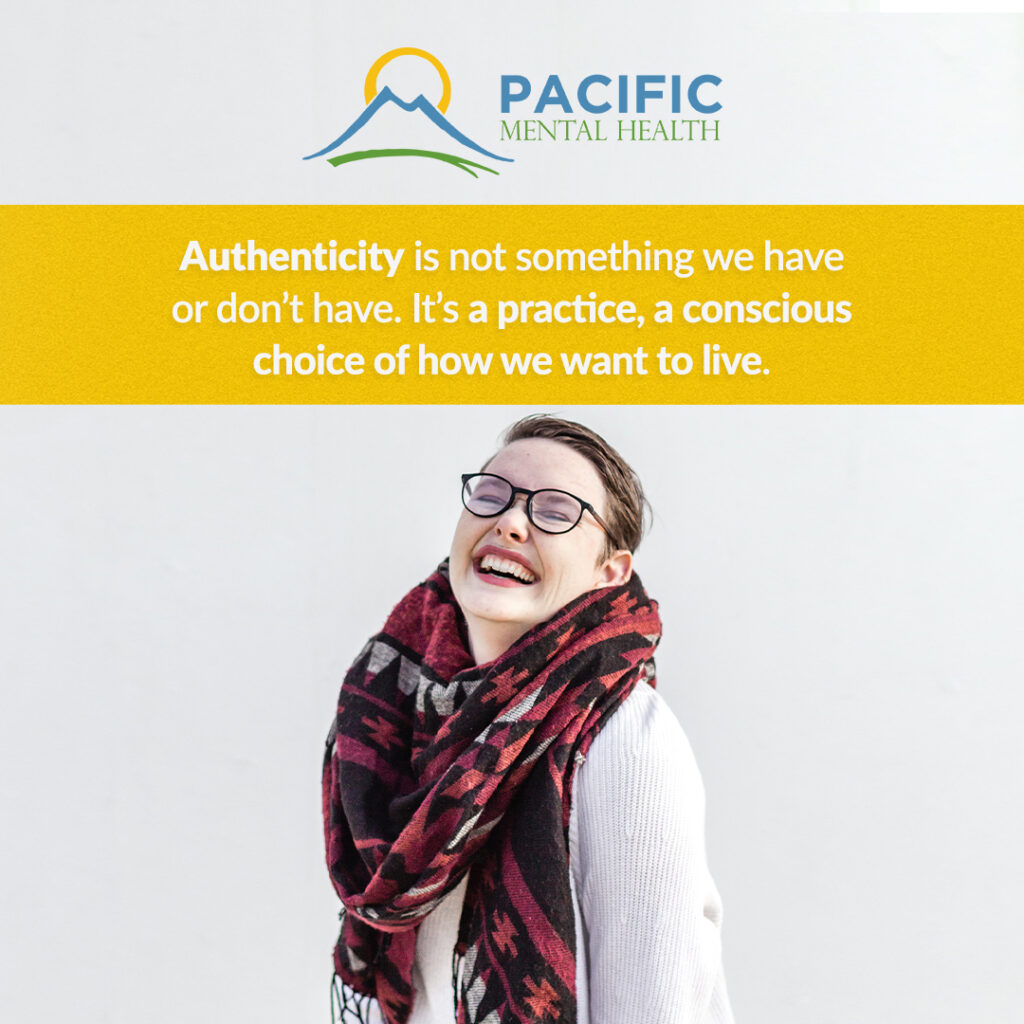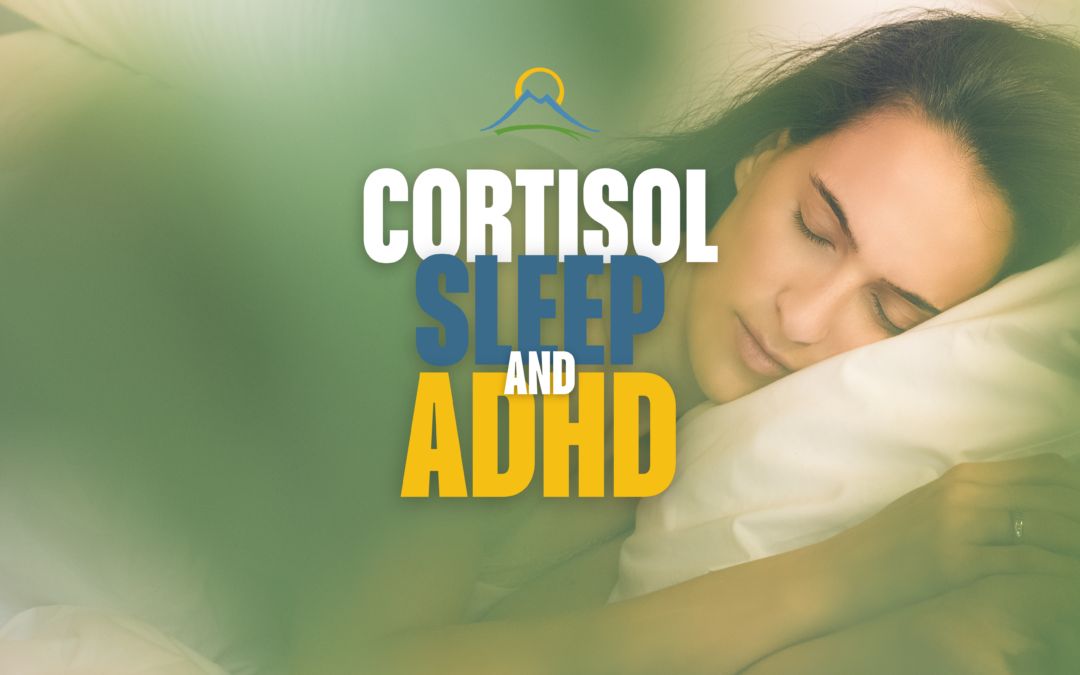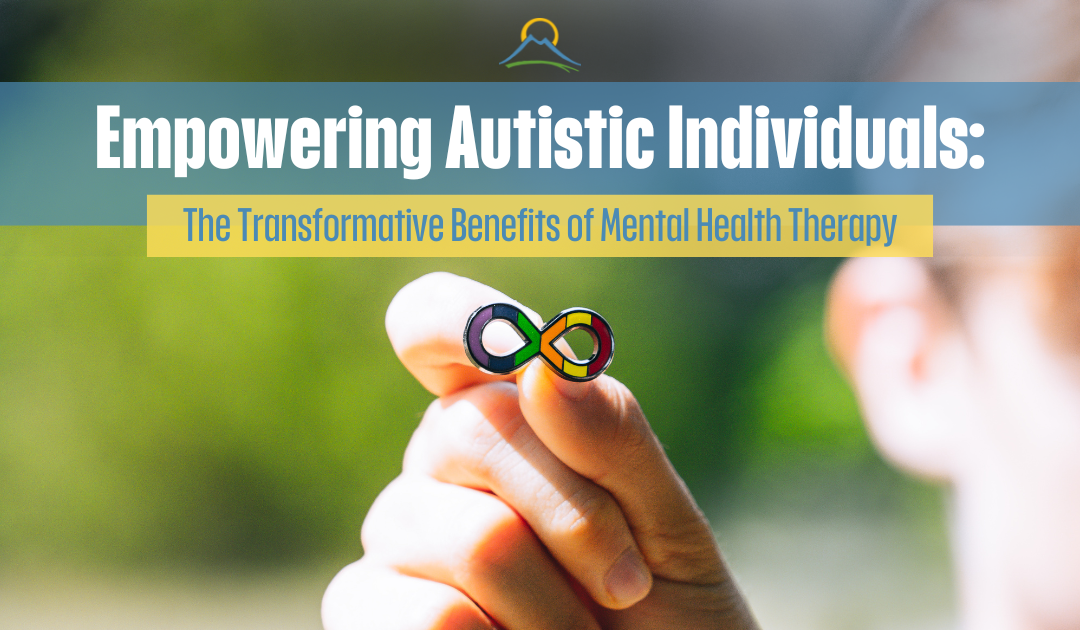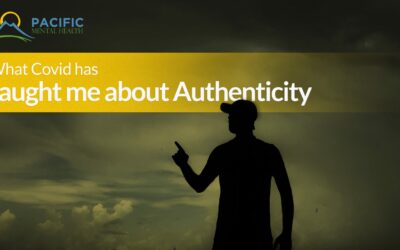In the current cultural and political climate, authenticity is rare, and fleeting at best. When we think about the characteristics of authenticity, politicians are not generally the first group to come to mind. Culturally, we are bombarded with conflicting messages on social media platforms where the right angle or filter substitutes perfection for authenticity. Despite our immersion in a climate that values and even rewards inauthenticity, I believe most people have a deep desire to live authentically and can easily spot what falls short. But what about those closest to us? Most importantly, what about ourselves? Are we able to look honestly at our own authenticity, and does it matter? I believe it does, because being authentic is not only life-giving for us individually, but infuses our relationships with connection, belonging, and joy.
Authenticity is usually associated with words like “honesty,” “integrity,” and “being your true self.” Being one’s self is beneficial and rewarding, and brings a deep sense of peace and satisfaction. In a recent publication exploring the relationship between authenticity and job performance, researchers Ma, Sachdev, and Gu (2020) cite evidence that “authenticity can promote subjective well-being (Boyraz & Kuhl, 2015), improve psychological functioning (Goldman, 2006), and decrease negative emotions and stress” (Wang, 2016), (p. 75). Furthermore, their study found motivation and job performance are directly related to an employee’s capacity to be authentic, particularly when leadership supports and facilitates a work environment that fosters authenticity.
In the following quote, Brene Brown (2010) offers additional nuance and depth to the concept of authenticity from her book, The Gifts of Imperfection: pg 49
Authenticity is not something we have or don’t have. It’s a practice, a conscious choice of how we want to live. Authenticity is a collection of choices that we have to make every day. It’s about the choice to show up and be real. The choice to be honest. The choice to let our true selves be seen.
Brene Brown
The idea that authenticity is an ongoing and daily choice is powerful and hopeful. It allows us to kindly reflect about ourselves when we are not authentic instead of believing we are permanently flawed, hopeless, or fake–there is always room to choose authenticity. I am also struck by the last two words, “be seen.” These words highlight the relationality of authenticity, which is what makes authenticity both so rewarding and terrifying. Being true to oneself is not simply an individual choice, but includes how we interact with others. When we are authentic, seen, and still chosen and loved, our relationships thrive, as do we in our capacity to give and receive love.
Living authentically is profoundly rewarding, but also costly. The world does not always honor or welcome authenticity, particularly if authenticity involves courageously confronting damaging and abusive systems of power and injustice. Living authentically is challenging. Paradoxically, we may choose inauthenticity for the same reasons we choose authenticity — out of a good desire to be accepted and belong.
Several years ago, my family and I moved across the country, and building friendships from scratch was a difficult process. The desire to belong was ever present, and so I spent a lot of energy initiating connections, inviting people over for coffee or dinner, setting up playdates for my kids, and a myriad of other attempts to mitigate the pain of loneliness. I developed some wonderful friendships, but I also overlooked red flags about some of the people and communities I chose to invest my time in. I settled for relationships in which I could not be my authentic self, and ironically, felt lonelier than ever.

We have all been inauthentic, not because we are failures, fake, or mean, but because inherent in being authentic is the risk that who we truly are might be rejected. The pain of rejection is real and significant and naturally we want to avoid it! But the cost of inauthenticity is greater, and as Brown (2010) elaborates, can lead to anxiety, depression, and resentment” (p. 53).
One of the reasons I am a big supporter of therapy is that a good therapist will welcome and engage what is for some, the first and only relationship they have had to be truly authentic without being abandoned. The power of this experience is not to be underestimated, and fosters the courage to practice authenticity outside of the therapeutic space — to risk fighting for the meaningful relationships we long for. Authenticity may be a rare find in our chaotic world, but we all have the power and ability to live authentically with small daily choices that honor who we are and those we love.
References:
Brown, Brene. (2010). The gifts of imperfection: Let go of who you think you’re supposed to be
and embrace who you are. Hazelden Publishing.
Ma, J., Sachdev, A., & Gu, X. (2020). Being oneself and doing great: The effect of authenticity
on job performance and the role of supportive leadership. Journal of Personnel
Psychology, 19(2), 75–85. https://doi.org/10.1027/1866-5888/a000246







0 Comments